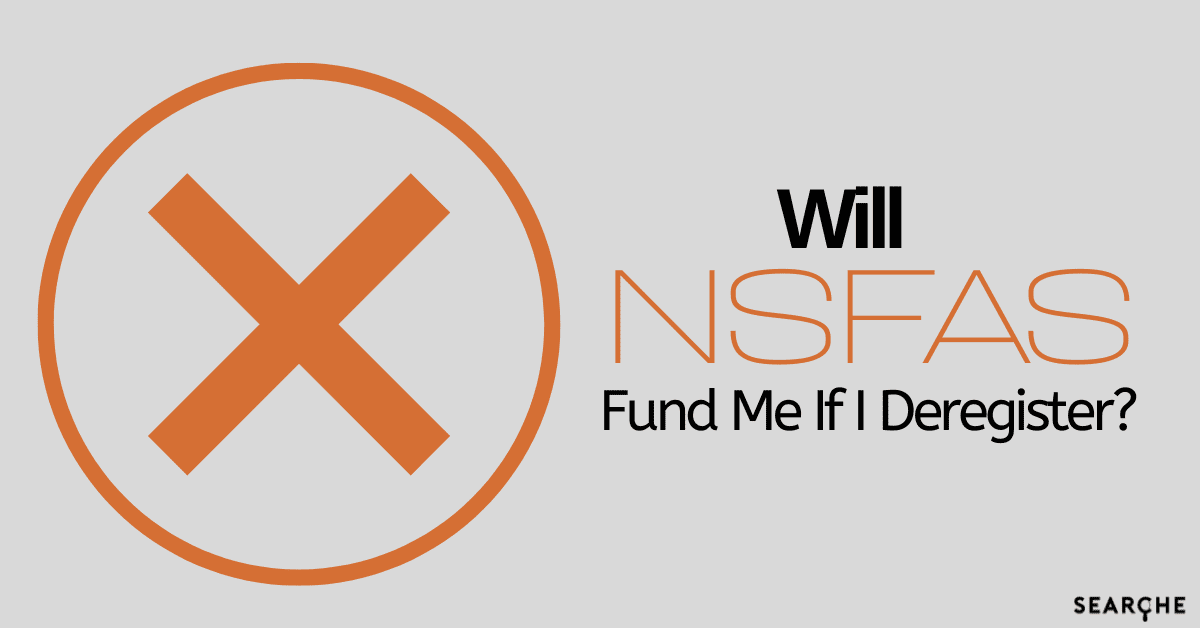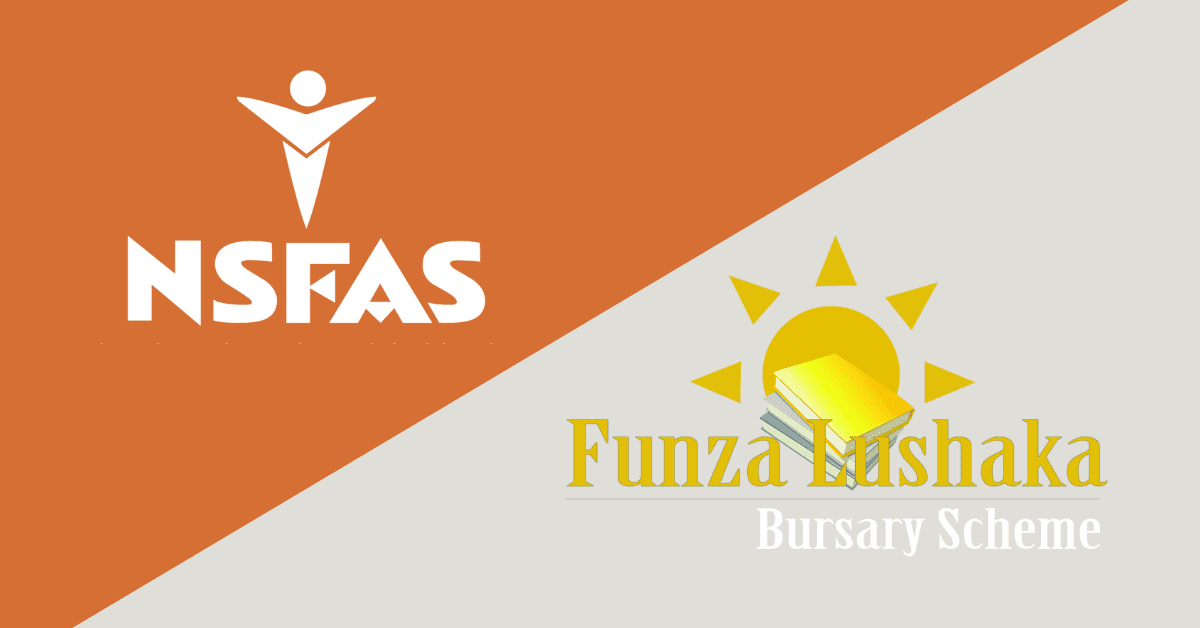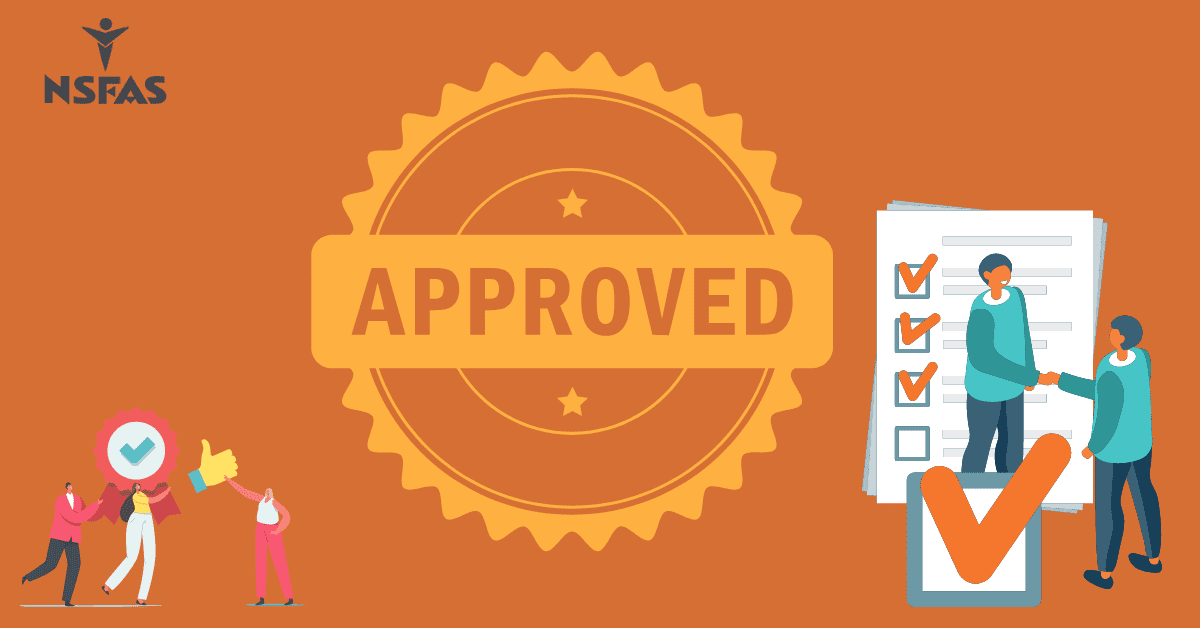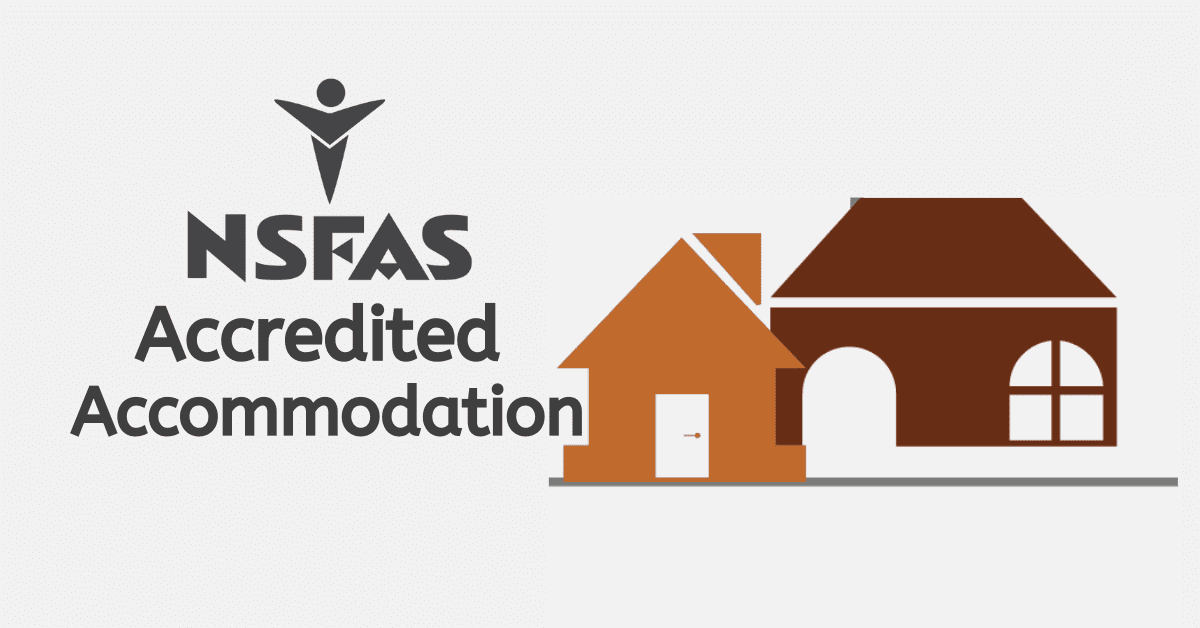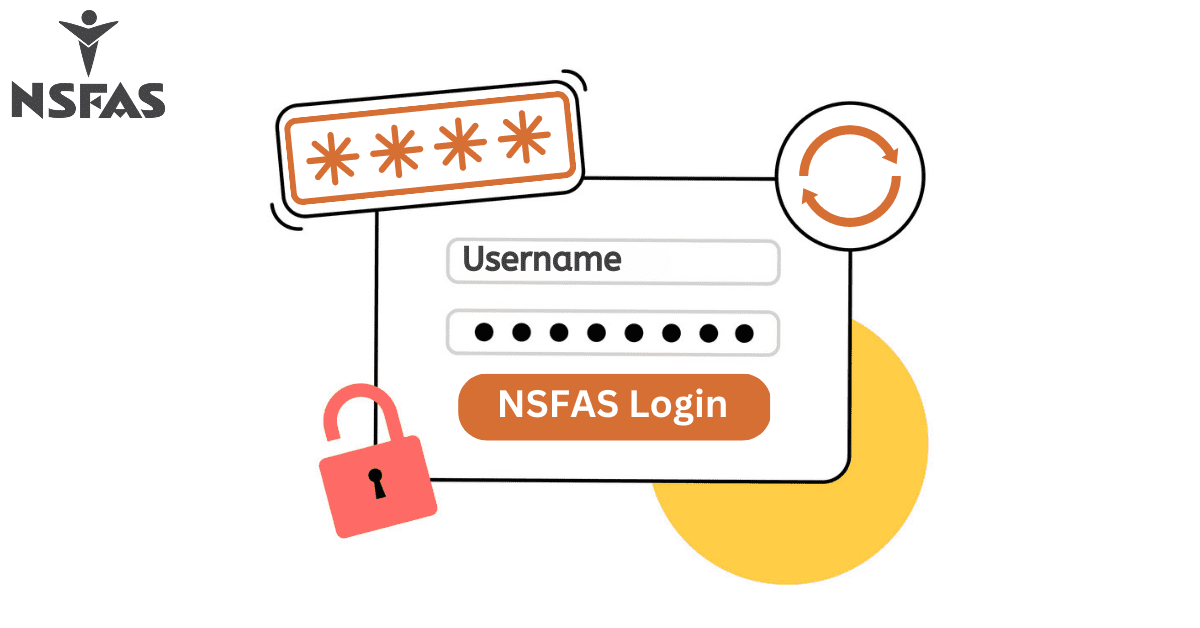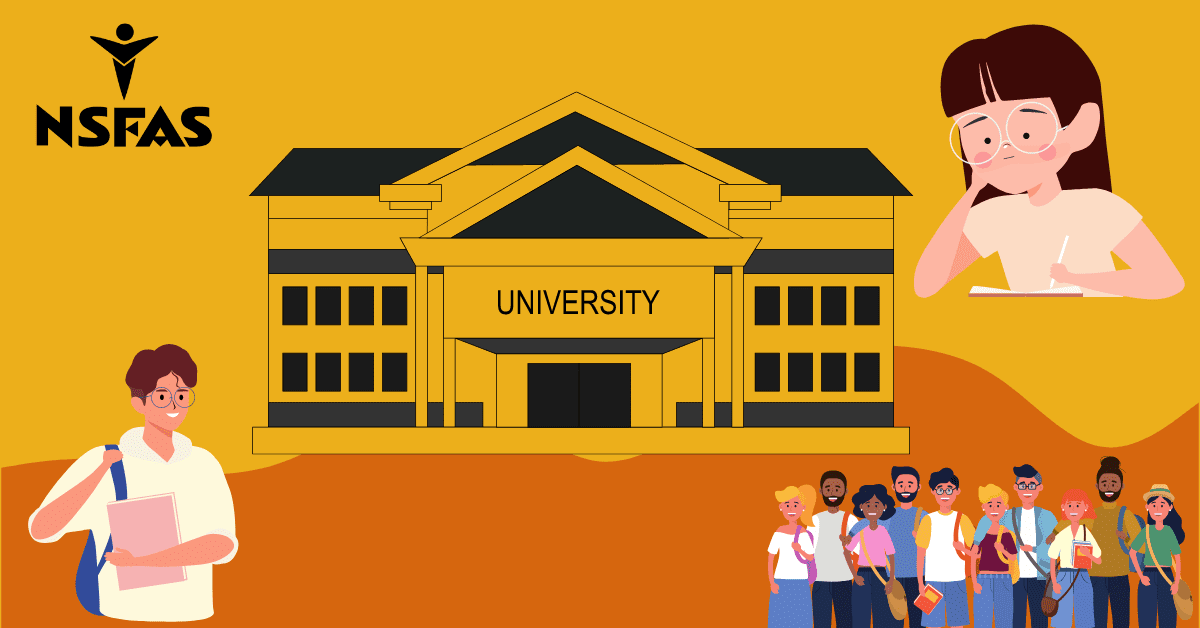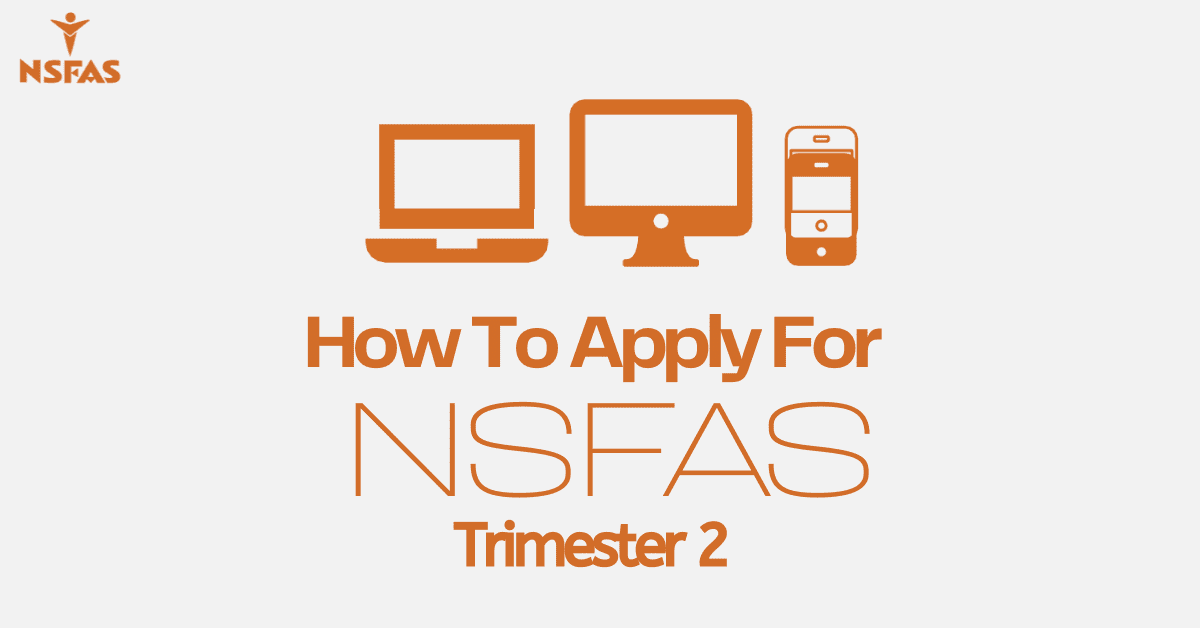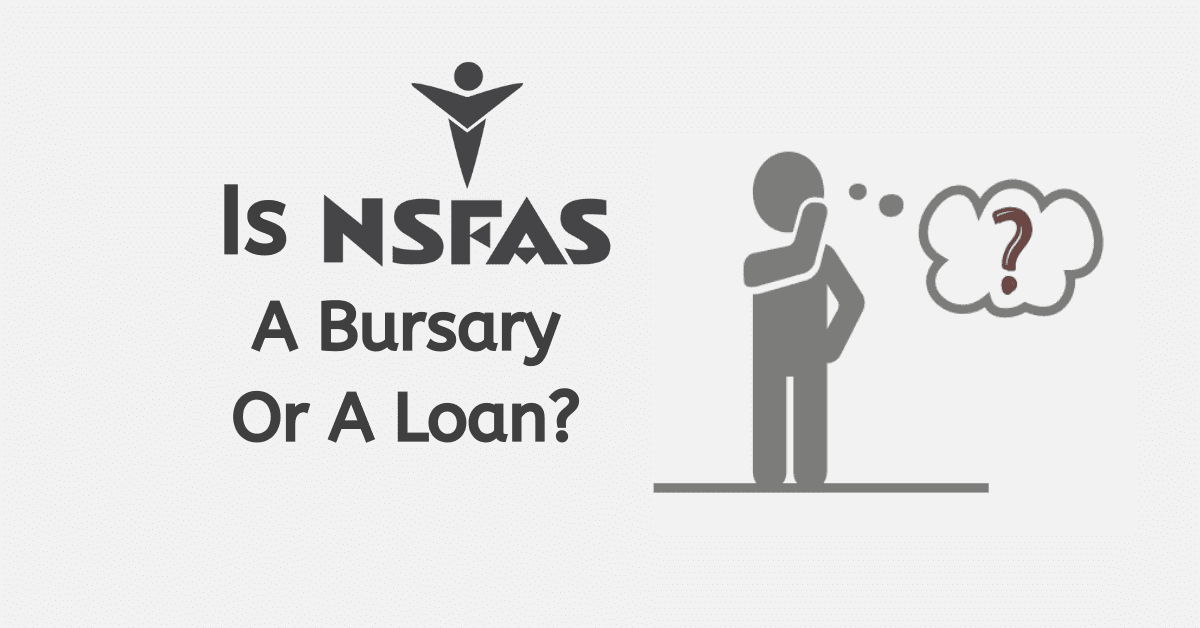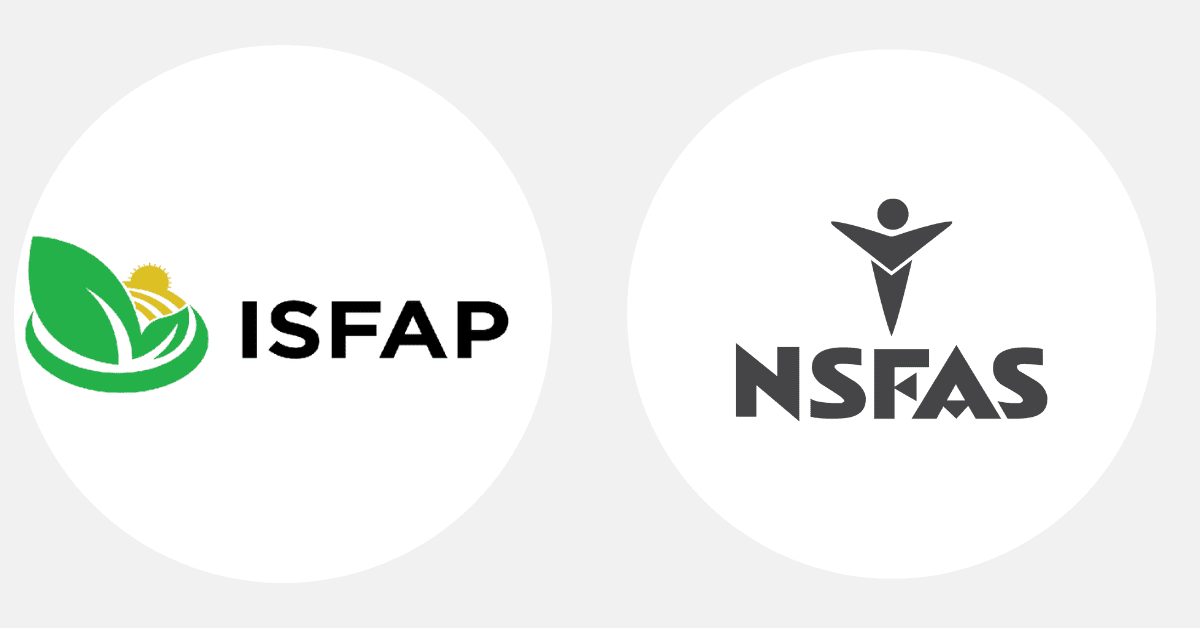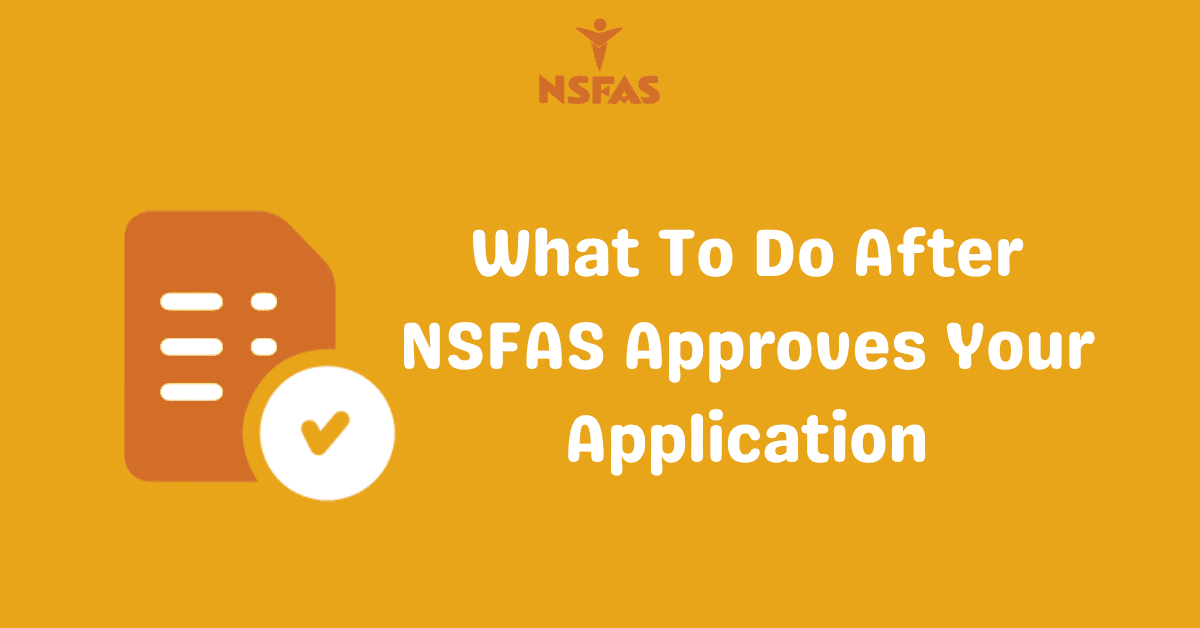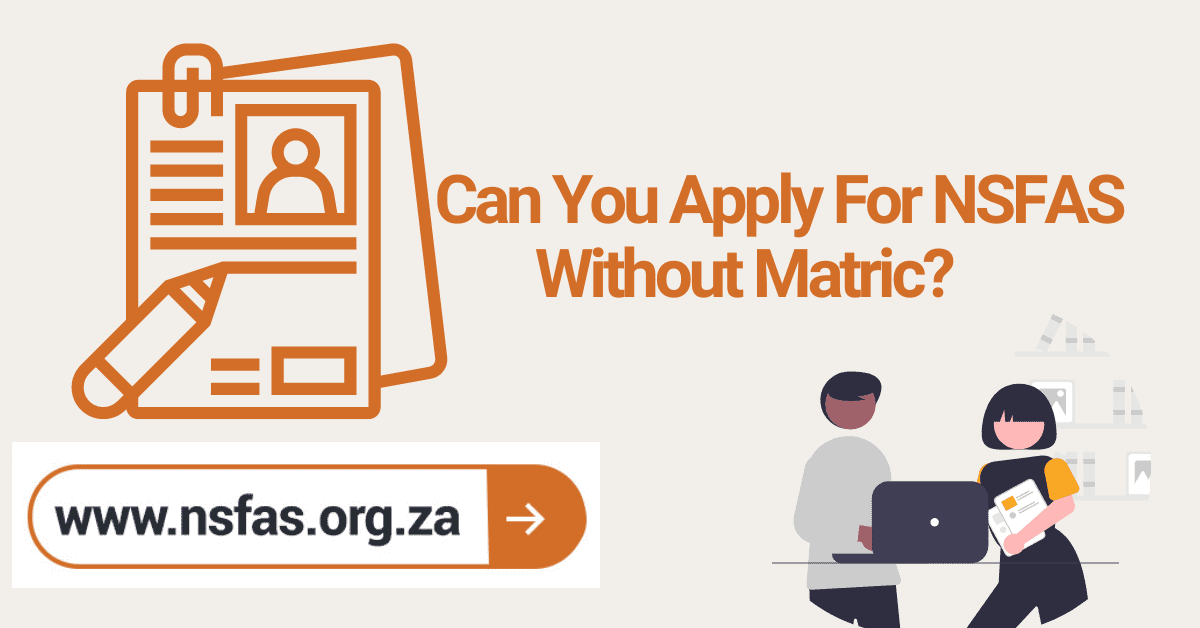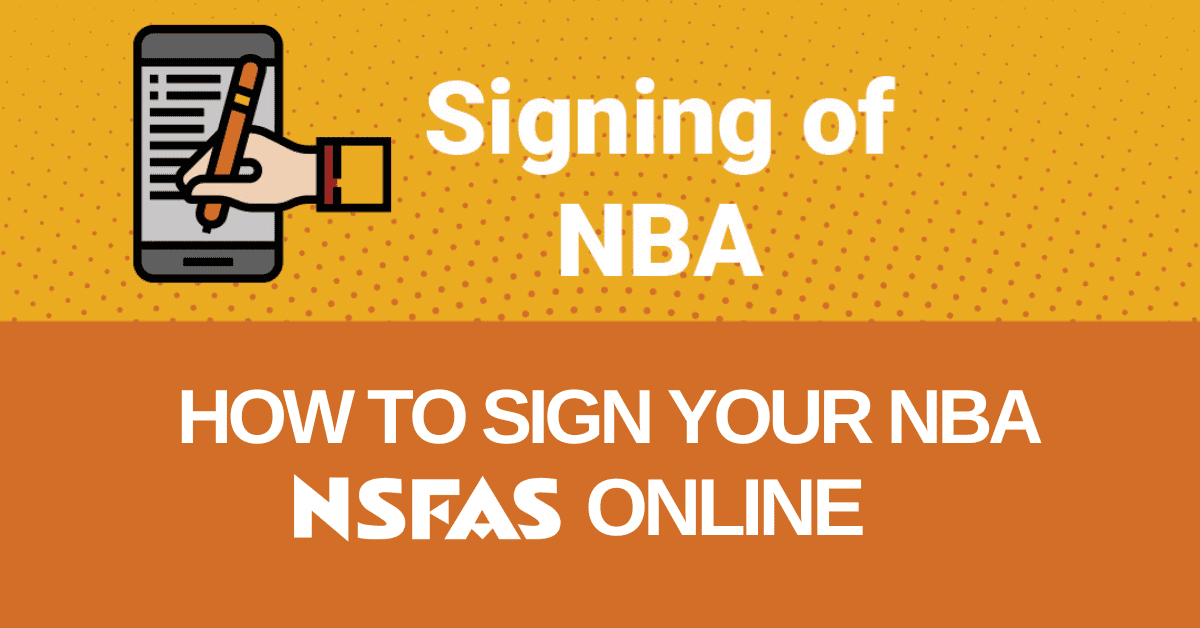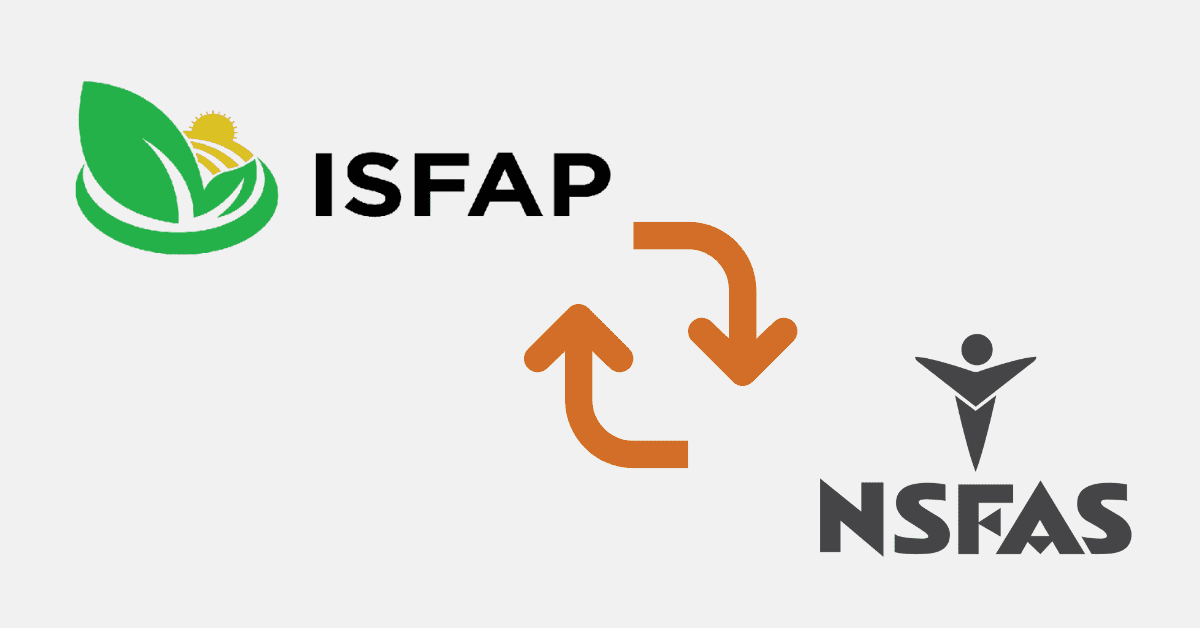The NSFAS bursary, more correctly known as the National Student Financial Aid Scheme, is an initiative by the South African government which aims to help those of limited financial means to access higher education and better their future income prospects. It’s commonly the first port of call when looking for ways to enter tertiary education if you are poor, but it isn’t the only help that’s out there. Today we look at South African bursaries similar to the NSFAS program you may also want to consider, as well as exploring the wider concept of bursaries.
What’s the Difference Between a Bursary, Scholarship, and a Loan?
Bursaries are different from loans and scholarships. If you take a loan to fund your higher education, you will have to pay back the money completely, with additional amounts (interest) charged for the temporary use of the money. How much the interest will be and the structure and timing of when you have to pay it back depend strongly on the type of loan taken. Scholarships are structured with different ideals and criteria, typically academic, in mind, although they otherwise are similar to bursaries. Bursaries usually focus strictly on financial needs, not academic performance.
Student Loans
Student loans are specifically structured to help students fund their education and often offer lower interest rates and perks like not beginning to pay it back for a set number of years or until you are working. However, they can be tough to qualify for, as the lender wants assurance that you are a ‘good bet’ and will be able to pay back the money in time.
Other loans (like credit cards and general loans) can often be simpler to access. However, their interest rates are often terrible over the long-term. You will also need to start making repayments almost immediately, making them a bad choice for funding your studies unless you have no other choice.
Bursaries
Bursaries, on the other hand, are financial awards/grants given to students to support their education by covering some or all of their tuition fees, living expenses, and related costs. Bursaries are offered by a variety of organizations, including government departments, corporations, non-profit organizations, and educational institutions.
Unlike loans, bursaries do not need to be repaid, making them an attractive form of financial assistance for students who may not have the means to fund their education. Bursaries are often awarded based on financial need, although some use academic merit or other factors.
Bursaries will vary in terms of eligibility requirements, the amount offered, and the application processes. Some bursaries are open to everyone, while others may target specific groups such as students from disadvantaged backgrounds (like NSFAS), studies in specific fields like science or the arts, or students belonging to particular demographic groups.
Scholarships
Scholarships are similar to bursaries. They don’t need to be paid back, will cover some or all of your tuition fees and possibly some related costs, and are offered by a variety of institutions. However, bursaries mostly prioritize financial needs as the key criteria. They are typically awarded to students with limited financial resources or disadvantaged backgrounds. Scholarships have far broader eligibility criteria, often based on academic merit but sometimes considering extracurricular achievements, leadership qualities, specific fields of study, or demographics. Scholarships are often awarded to students with exceptional accomplishments.
List Of Bursaries Similar To NSFAS
While NSFAS is the best-known bursary option in South Africa, there are other financial assistance programs in South Africa which are similar to the National Student Financial Aid Scheme. We’ve covered a few of the best-known options here, but there are many others. And don’t forget that your personal circumstances or academic achievements may allow you to apply for specific scholarships, too. Be sure to thoroughly explore what institutions, organizations, and government departments may offer bursaries that align with your specific field of study and eligibility. Don’t forget that universities and TVET colleges often have their own bursary programs offered within their registered student base, so it’s always worth checking with your institution’s financial aid office for available options that may not be widely advertised, too.
Funza Lushaka Bursary Programme:
This bursary program is specifically for students who want to get a teaching qualification. It provides full-cost bursaries to eligible students in various fields of education, which means that if you are eligible and successful, everything you need will be covered.
South African Reserve Bank Bursary Scheme:
The South African Reserve Bank offers bursaries to South African students who want to work in fields of the banking industry. The bursary covers tuition fees, and accommodation, and offers a living allowance.
The Sasol Bursary Programme:
Sasol, a local petrol and chemical/energy company, also offers a bursary to students. They are looking for people studying science, technology, engineering, and mathematics, or the so-called STEM degrees. If you are successful, the bursary covers tuition fees, and accommodation, and offers a monthly stipend.
South African Institute of Race Relations (IRR) Bursary Programme:
The IRR has bursaries for students studying towards a postgraduate degree in economics, political science, sociology, law, or related fields. It’s particularly notable because it focuses on postgraduate studies, which NSFAS does not fund. It covers tuition fees and a monthly stipend.
Investec Bursary Programme:
Investec Bank offers bursaries to academically talented students who are studying in fields such as commerce, science, engineering, and information technology. The bursary covers tuition fees, accommodation, and a living allowance.
Of course, these are just a few examples, and there are many other bursaries and financial assistance programs available in South Africa. So be sure to do all your homework and explore the options open to you! Remember, a great future starts with a good education, so the effort you put in now will pay off long-term rewards.
